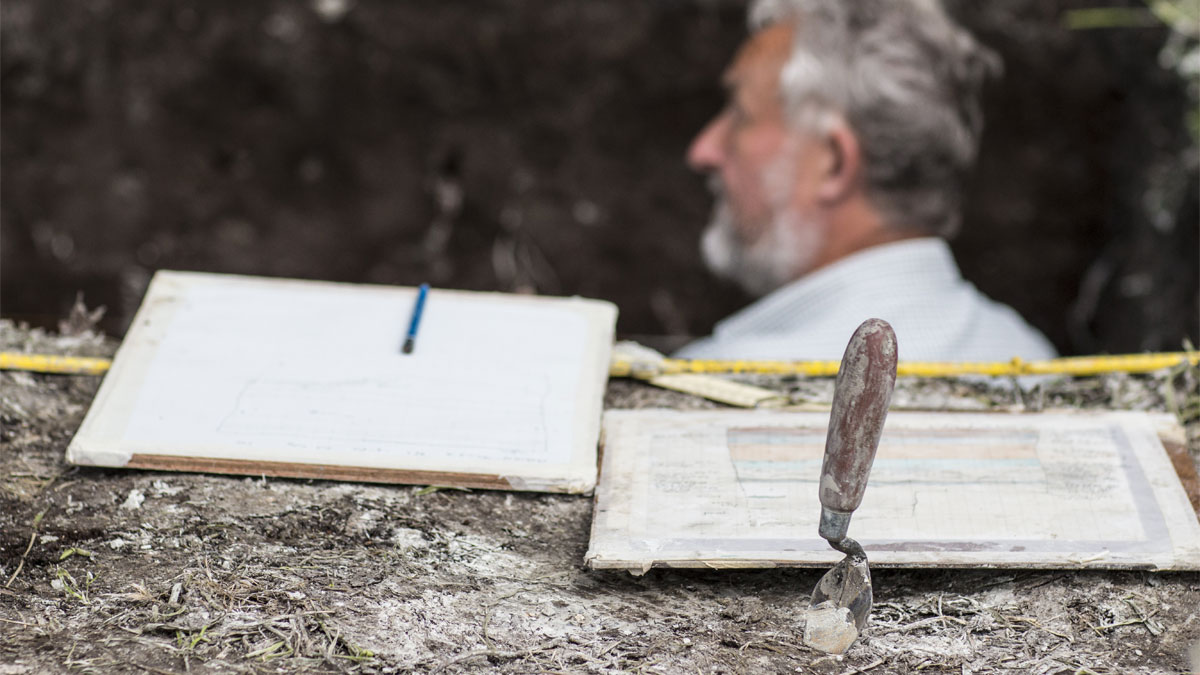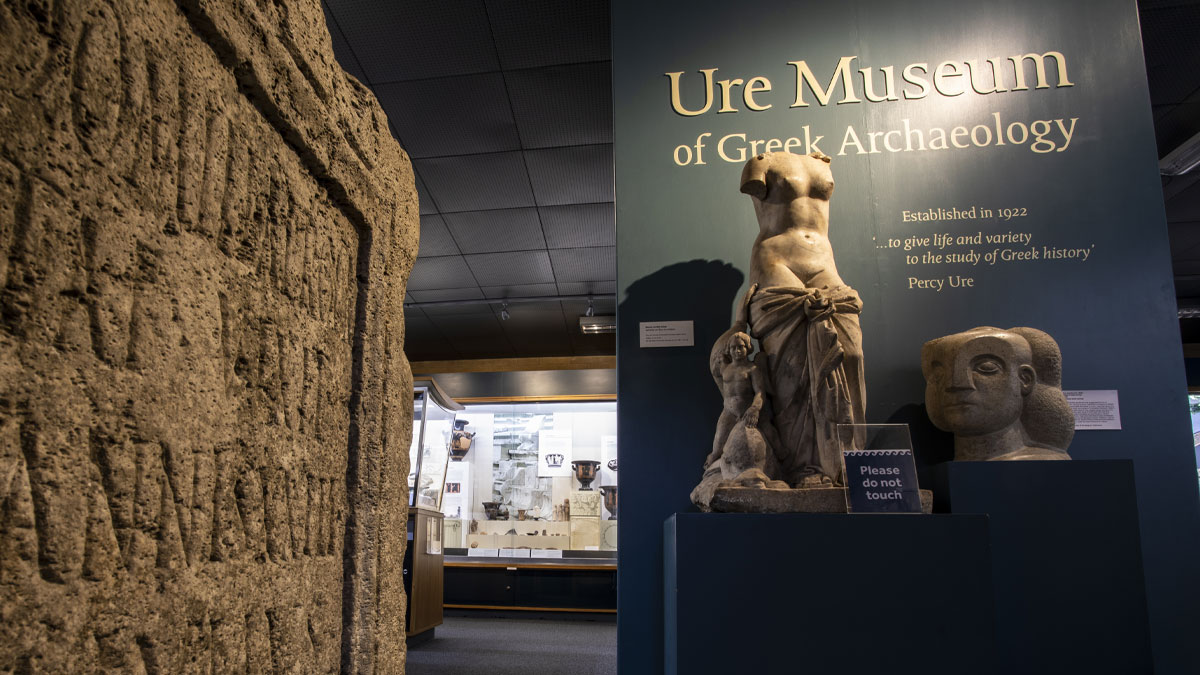During the field school, you will be introduced to the techniques of a dig, from recognising archaeological contexts and features on the site through to cleaning, excavating and recording them. You will gain direct experience in all aspects of the excavation, from recognising ancient artefacts to learning how to read the wider landscape.
As well as technical expertise, fieldwork will help you to develop transferable skills including observation and understanding, problem solving, team work and communication skills. You can tailor your experience during the excavation to suit your developing interests.
"This experience at the 'sharp end' of archaeology confirmed my love for this subject, and I felt I was part of a fascinating investigation into the past of our ancestors. Furthermore, I gained skills in [artefact] cleaning and recording, and improved my communication skills by creating friendships and assisting with numerous visits from the public."
Emily Channon – second-year archaeology student











